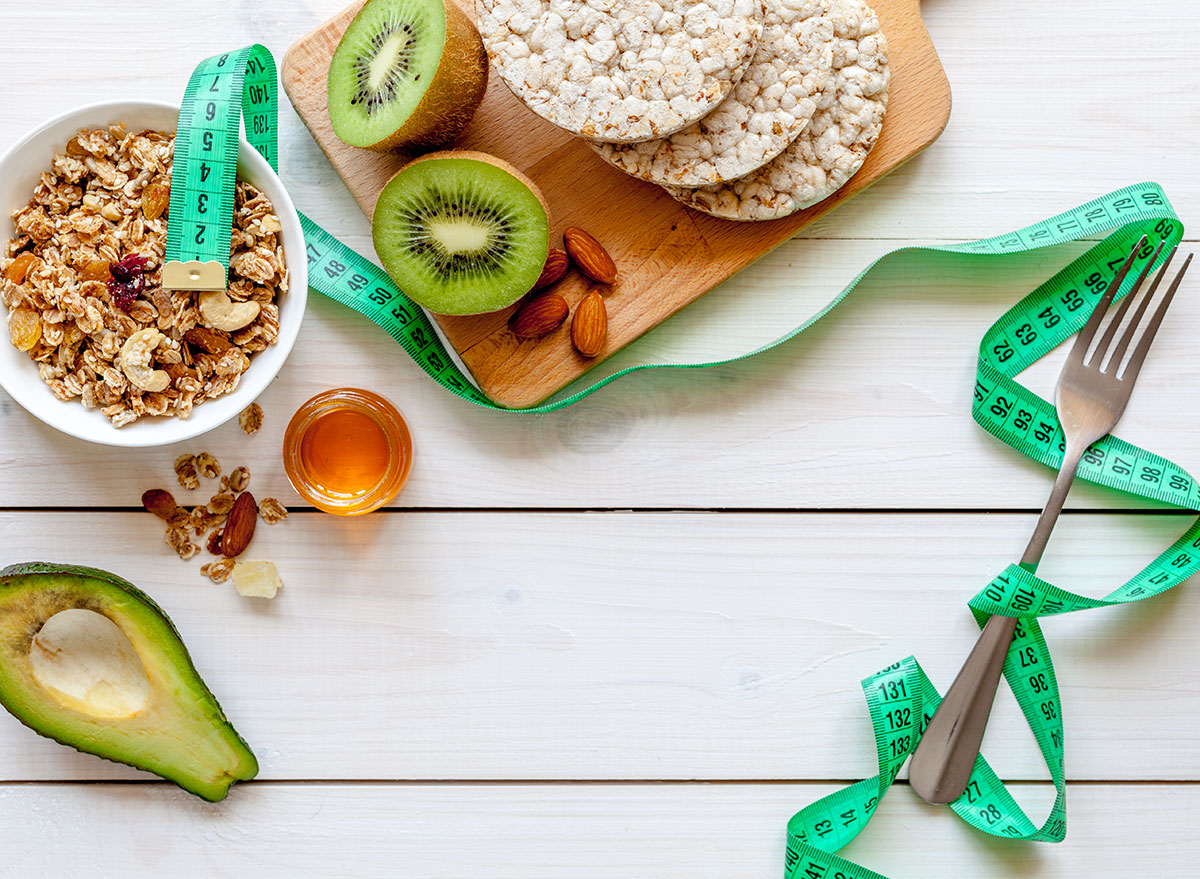The #1 Unhealthiest Diet You Should Never Try, According to a Dietitian

Atkins, Keto, Nutrisystem, South Beach, WW—the list of different types of diets is truly endless. But the question is: Which one, if any, is right for you?
Whether you’re trying to lose weight or clean up your diet for other health reasons, picking a new diet to follow can feel overwhelming—and some are misleading. In fact, there are many fad diets that you shouldn’t even bother trying because they could cause more damage to your physical and mental health in the long run. (Related: 15 Underrated Weight Loss Tips That Actually Work)
Alyssa Pike, RD and manager of nutrition communications at the International Food Information Council, explains what the unhealthiest diet may look like for you. Here are some of the potential red flags when picking out a new approach:
What’s the difference between crash dieting and sustainable weight loss?
While there’s no concrete definition of crash dieting, it’s often described as a “quick fix” that only lasts for a week or so, Pike says. It may also involve extreme calorie restriction, omission of certain foods or even entire food groups, and even be marketed as a “detox.” Not only is this type of dieting inconsistent, but it can also be dangerous.
Following a diet such as the Mediterranean style diet, for example, allows for a diversity of foods and doesn’t call for major calorie restriction. Instead, it encourages the consumption of a range of healthy, calorie-rich foods, including beans, fatty fish (think salmon), and nuts. This type of diet can not only help you shed some pounds, but it also keeps your heart healthy, supports your immune system, and may even reduce your risk of developing type 2 diabetes.
“The opposite of crash dieting’s often chaotic experience is a more flexible approach that focuses on long-term health and often has other goals in mind than just trying to reduce the number on the scale,” Pike says.
So, what’s the unhealthiest diet you could follow?
The answer? There’s not only one.
“Any rigid diet that relies on lots of external rules for when, what, and how much to eat and promotes a pass/fail mentality is the worst type of diet,” Pike says. She also mentions how long-term consequences associated with fad diets include binge eating, disordered eating, intense fear and anxiety around eating, social isolation, and even the development of an eating disorder.
“Fad diets are not benign,” she says. “What might start as an innocent attempt to lose weight can become isolating or obsessive, which is why engaging in dieting behaviors also increases the risk of eating pathology and eating disorders.”
What’s the healthiest diet to follow?
Again, there’s no one right answer here. Instead, the healthiest diet to follow is one that makes the most sense for you and isn’t difficult to maintain long-term.
“Ideally, this way of eating is nourishing, satisfying, and contains a wide variety of foods that meet your calorie and nutrient needs,” Pike says. “The bottom line is that nutrition is highly individualized. There is never going to be one diet that fits all.”
Get even more healthy tips straight to your inbox by signing up for our newsletter!








